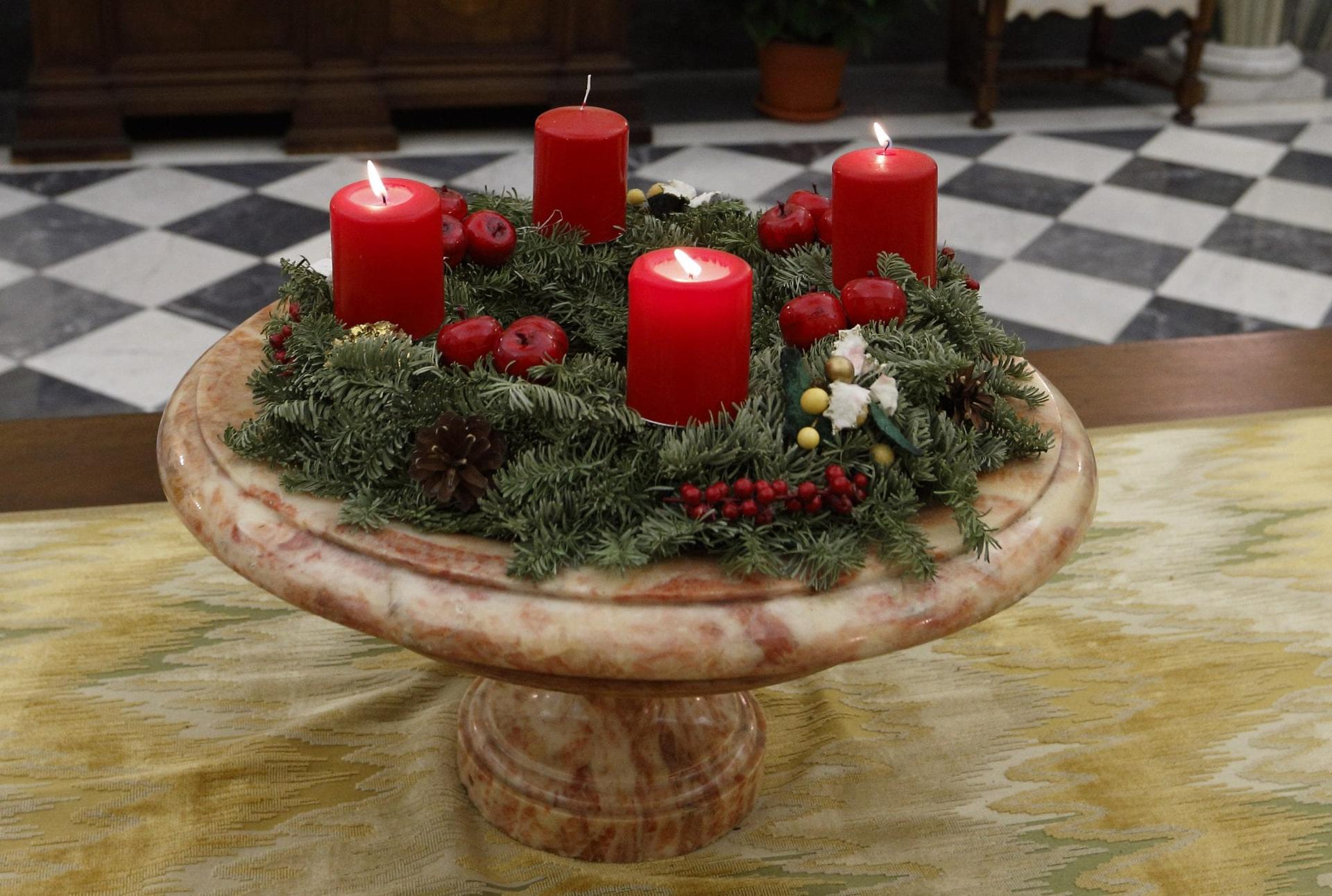Today Christian believers throughout the world observe the second Sunday of the season of Advent. It’s a powerful time of anticipation that’s filled with multiple spiritual opportunities. In particular, as Christians reassess and reorient their lives to the Lord, they are invited to grow deeper in their life of prayer.
The interior life is not an easy task. It’s rewarding as it is humbling since it does not follow the usual procedural order of the material world. The life of the spirit follows its own order and one opposite to a mercantile existence marked by quid pro quo.
In order to grow in the spiritual life, therefore, the nature of prayer has to be understood. A person has to realize that in prayer she is addressing a God who deeply loves her and wants to be in a relationship with her. With this comprehension, a Christian believer should work to avoid any dabbling in pagan-like prayer.
Pagan-like prayer can best be summarized as the misplaced belief that a person must convince God to do something good for her, her loved one, or for humanity.
In such an approach to God, it’s falsely believed that armies of prayer warriors must storm heaven, weird prayer chain devotionals must be strictly followed, and other such things are needed in order to manipulate and intimidate God to grant a request and to do something kind or benevolent.
This type of pagan-like prayer has to be exposed in a Christian heart and exorcised from the believer if she is to grow in an authentic spiritual life.
As a believer comes to know of God’s care and affection for her in greater ways, she is able to find deeper peace in prayer, realizing that she is addressing a loving God who always desires to do what is best for her and the human family.
In this practice, the believer is taught an essential truth of the spiritual life: We pray not to change God, but to allow God to change us.
In light of this truth, prayer is more holistically seen within the context of a relationship with God. The believer now principally sees her prayer as a way in which she can understand, accept, and live in peace with God’s will, knowing of his eternal goodness and kindness to humanity and his entire creation.
She may still present her petitions and intentions before God, but the spirit of her prayer and the level of her trust in him makes her approach before God a completely different experience from other previous pagan-like prayer attempts.
Forming a habit of prayer is a battle. As the spiritual maxim goes, “We pray as we live, because we live as we pray.” As believers struggle to live their discipleship, so they will struggle and falter in their desire and quest for an interior life.
This should not distress those of faith, but remind them of the necessary place of purification in the ascetical life as such experiences purge the soul of pride, self-love, and vanity. This wrestling within the person’s soul also manifests her great need for God along the path to holiness and peace, as well as nurturing humility within her soul.
In teaching such a turbulent lesson, the example of Jesus Christ in the Garden of Gethsemane stands out within the Christian tradition. Although his human nature was torn and full of sorrow, the Lord persevered and fought the good fight, he kept his spirit of prayer and relied on God.
The Christian disciple, therefore, should not be surprised when she is called to battle for prayer and labor for her interior life with God. If she battles well and holds the line within her own heart, then God – especially in this Advent season – will be able to purify, heal, renew, and bless her just as he has done for all his holy ones throughout salvation history.















